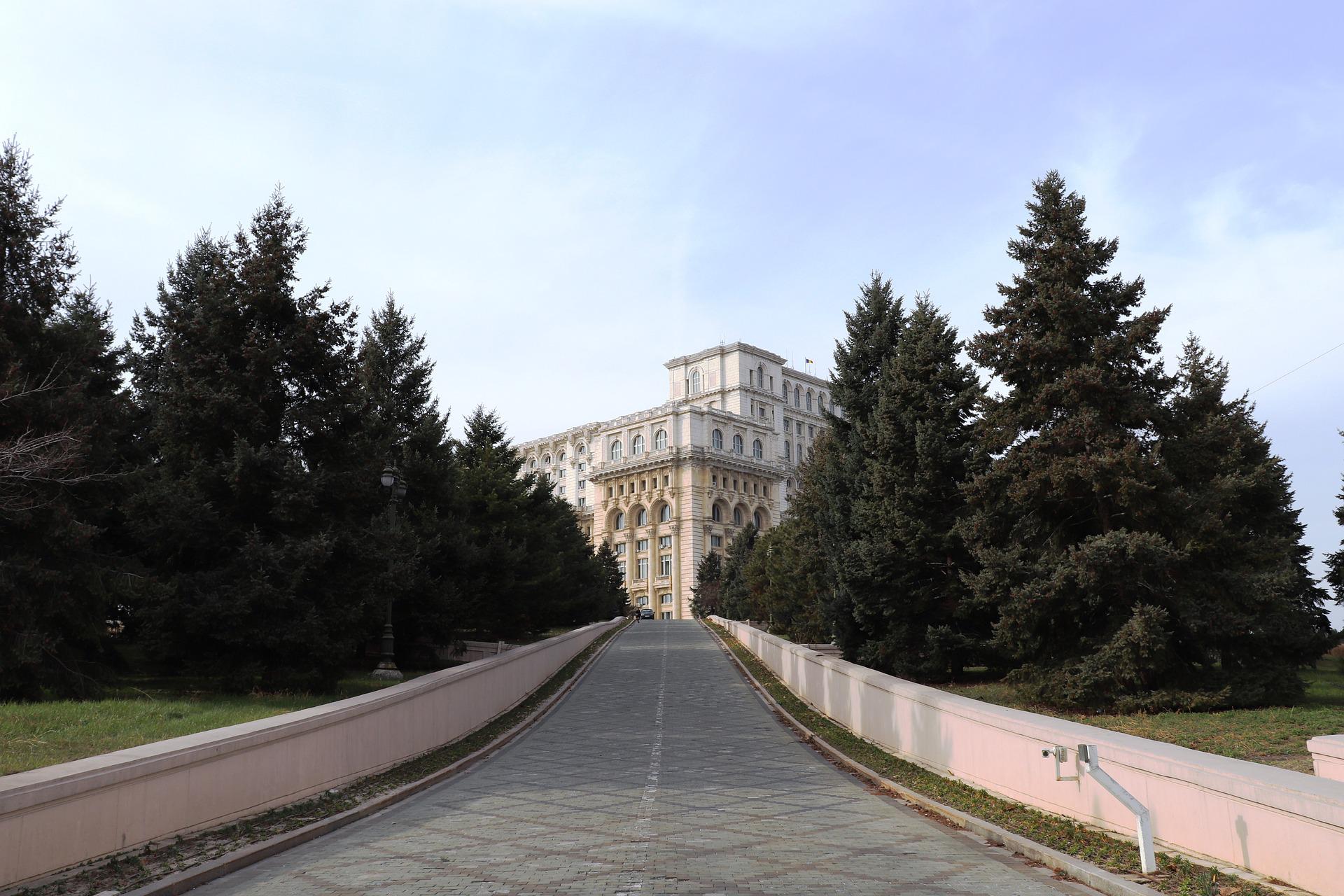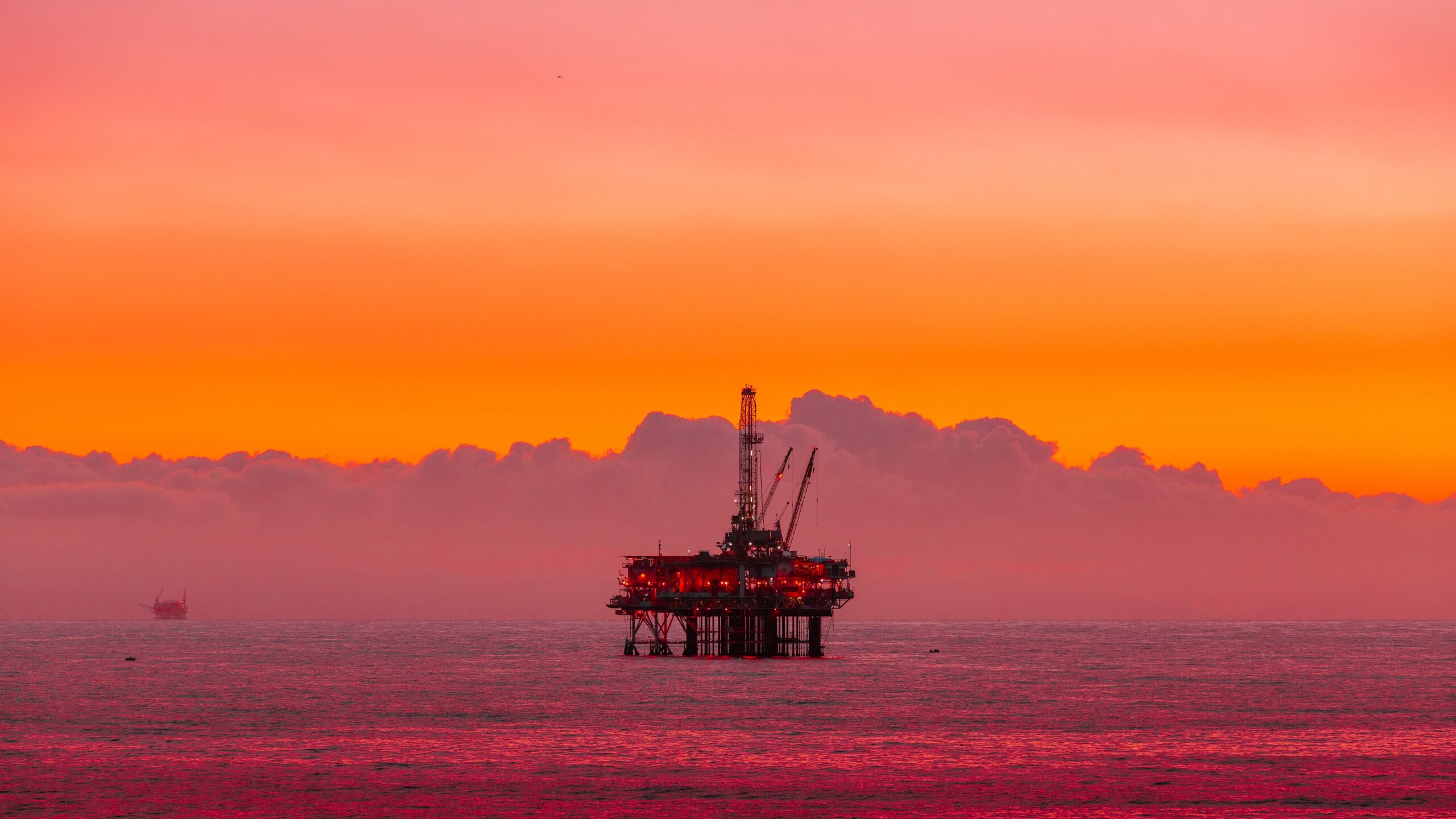Energy Security in Europe – National Perspectives Part 3: Romania
by Tanja Maximow, GIZ/EUKI
The Kremlin’s invasion of Ukraine and the resulting rise in prices for fossil fuels have once again underscored Europe’s energy supply dilemma. The conflict has led to calls for energy autonomy in EU countries. Russia’s halting of gas supplies to Bulgaria and Poland is yet another sign of the high risk that dependence on fossil energy poses to Europe’s security of supply.

According to the European Commission, 20 EU countries are heavily reliant on Russian gas, oil and coal. Around 40% of the natural gas consumed in the EU originates from the Russian Federation. More and more EU countries are now seeking to move away from energy supplied by Russia. At European level, the plan is to reduce Russian energy imports by two thirds in 2022 and phase them out completely by 2030. These efforts also raise the question of energy security. However, each EU country’s situation and options for action are different: while the European Union is clearly focusing on energy efficiency measures, expanding renewable capacities and diversifying energy sources and supply routes, some European countries can only achieve energy security in the short term by reverting back to coal mining or increasing the use of nuclear energy.
At the EUKI Academy event Russian Invasion of Ukraine: Implications of Energy Transition in CEE, Radu Dudău, co-founder and Director of the Energy Policy Group (EPG) and implementing organisation of the EUKI project Distributing the Impacts of Carbon Pricing in CEE spoke on Romanias approach to the current energy crisis and the national strategies to secure energy supply.
Romania – Forging a path to energy independence from Moscow
Romania, as an important gas producer, is less dependent on Russian energy sources, as Radu Dudău, co-founder and Director of the Energy Policy Group (EPG), explained during the EUKI Academy seminar. Nevertheless, the current policy debate in the country also revolves around energy security:
Romania wants to find alternatives to Russian gas and is looking for ways to diversify resources and supply routes. To achieve greater energy independence, Romania has begun gas production on an offshore platform in the Black Sea. As the Romanian Energy Ministry announced at the end of March, by next winter the country’s gas will come from other sources, including the Black Sea.

In early May, Romania joined the Regional Task Force, as part of the EU Energy Purchase Platform. The association of seven Southeastern European countries aims to strengthen energy security in the region, diversify gas and electricity distribution, and thus put into practice the REPowerEU action plan to reduce dependence on fossil fuels from Russia.
Another measure involves the start-up of new lignite mines this summer. A project that, as Dudău points out, thwarts efforts by Europe to reduce coal consumption. ‘We are seeing that governments intend to restart lignite mining and lignite-fired power plants as soon as possible, as early as this summer, despite efforts to move away from lignite in this country.’
Romania’s vast potential for renewable energy has not been harnessed in recent years. The country has not made any significant investments in renewable energy for seven years:
Click here to read: Energy Security in Europe

